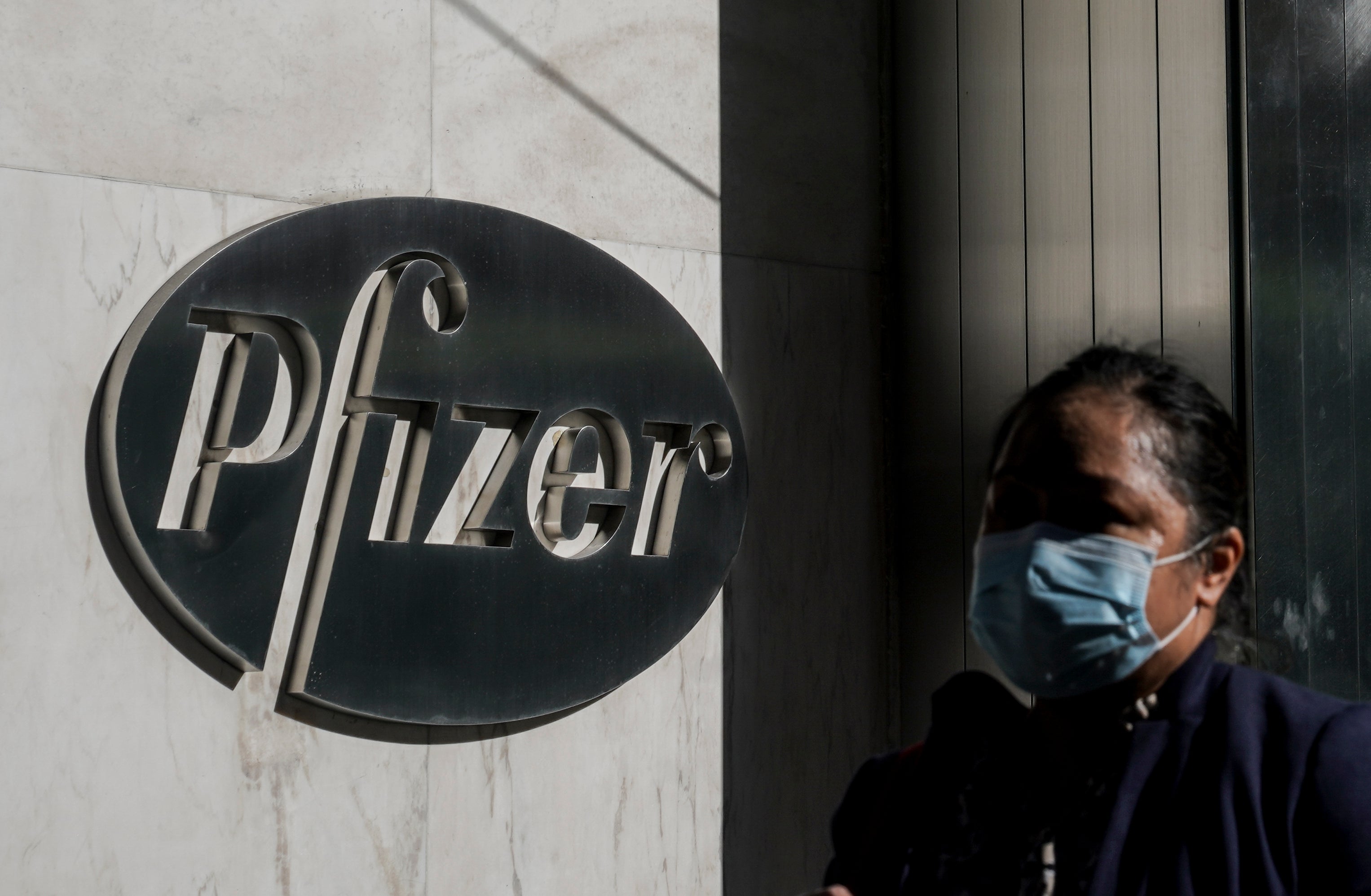Pfizer in profile: The company behind the coronavirus vaccine breakthrough
Pfizer, founded in 1849, helped the Union Army in the US during Civil War and later became first company to mass produce penicillin

Your support helps us to tell the story
From reproductive rights to climate change to Big Tech, The Independent is on the ground when the story is developing. Whether it's investigating the financials of Elon Musk's pro-Trump PAC or producing our latest documentary, 'The A Word', which shines a light on the American women fighting for reproductive rights, we know how important it is to parse out the facts from the messaging.
At such a critical moment in US history, we need reporters on the ground. Your donation allows us to keep sending journalists to speak to both sides of the story.
The Independent is trusted by Americans across the entire political spectrum. And unlike many other quality news outlets, we choose not to lock Americans out of our reporting and analysis with paywalls. We believe quality journalism should be available to everyone, paid for by those who can afford it.
Your support makes all the difference.The history of Pfizer, the pharmaceutical giant which has achieved a coronavirus vaccine breakthrough, started with the treatment for another scourge of the time: parasitical worms.
Charles Pfizer, a migrant from Germany and trained chemist, founded the firm a year after his arrival in New York with cousin Charles Erhart, a confectioner, in 1849.
Their first development, an anti-parasitic called santonin, treated intestinal worms which were common in the United States at the time.
It went on to help the Union Army in the US as demands for painkillers and disinfectants grew during the Civil War.
Many decades later, Pfizer was the first company to mass produce penicillin. It is said most of the penicillin carried by soldiers on D-Day was developed by the company.
One of its most notable drugs, erectile dysfunction medication Viagra, was discovered in 1989 and approved in 1998, with its success leading Pfizer to seek to merge with a number of other pharma companies.
These included US-based Warner-Lambert, Pharmacia and Wyeth, while it made a takeover approach worth £69 billion for UK rival AstraZeneca in May 2014 which was rejected.
In 2018, GlaxoSmithKline agreed a tie-up with Pfizer to merge their consumer healthcare divisions to create a business with combined sales of £9.8 billion.
Press Association



Join our commenting forum
Join thought-provoking conversations, follow other Independent readers and see their replies
Comments